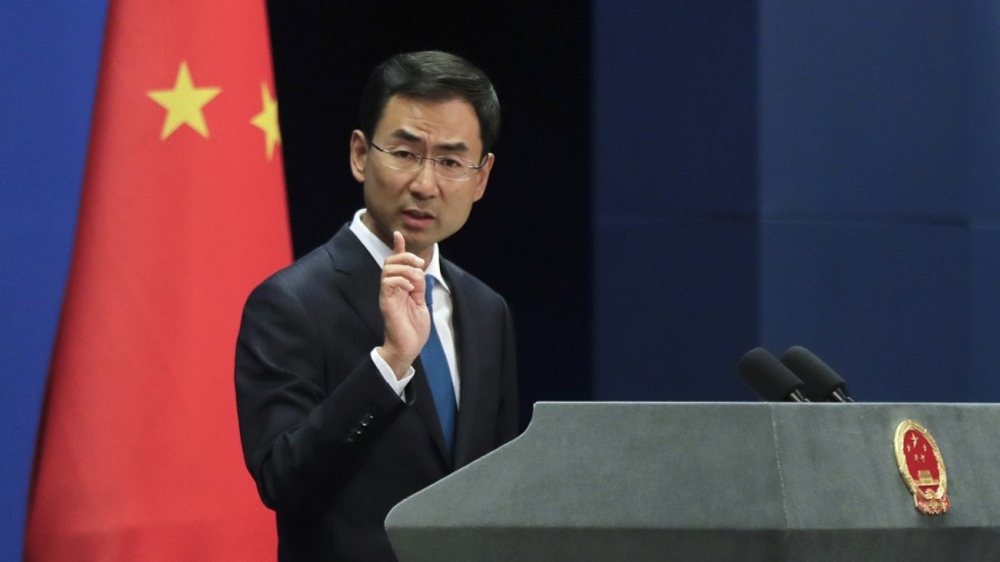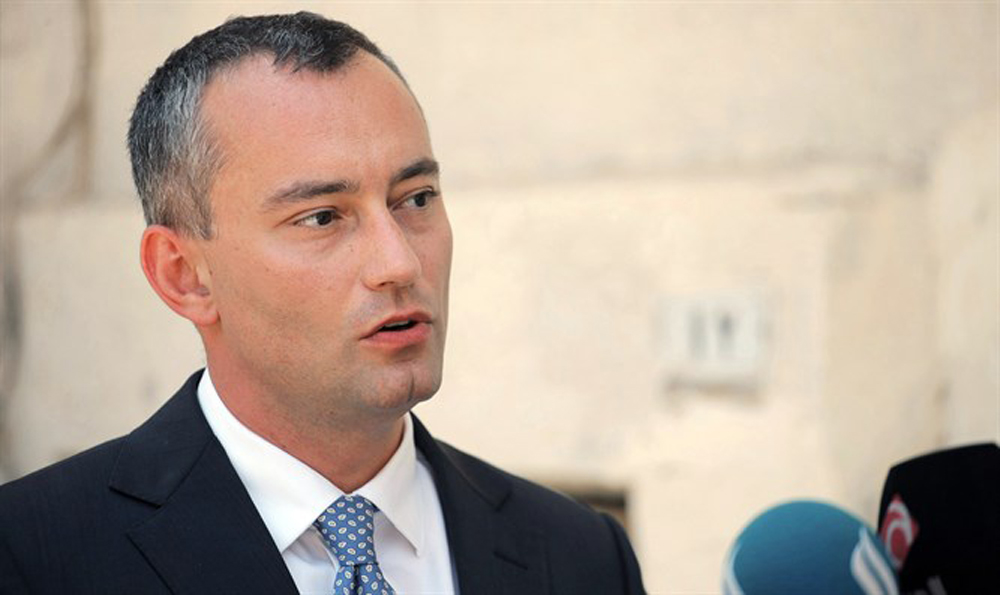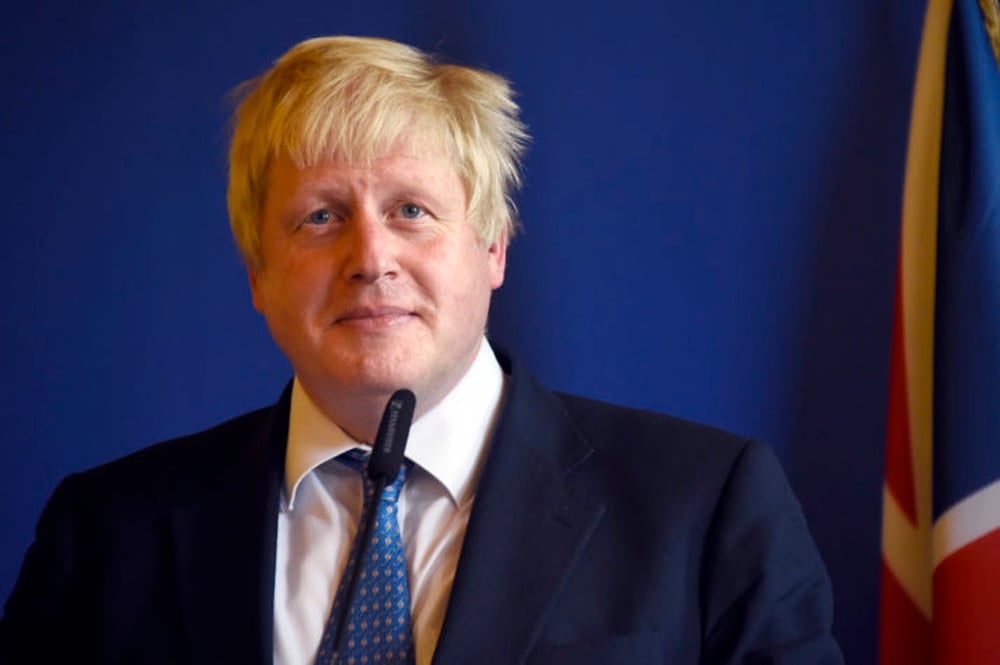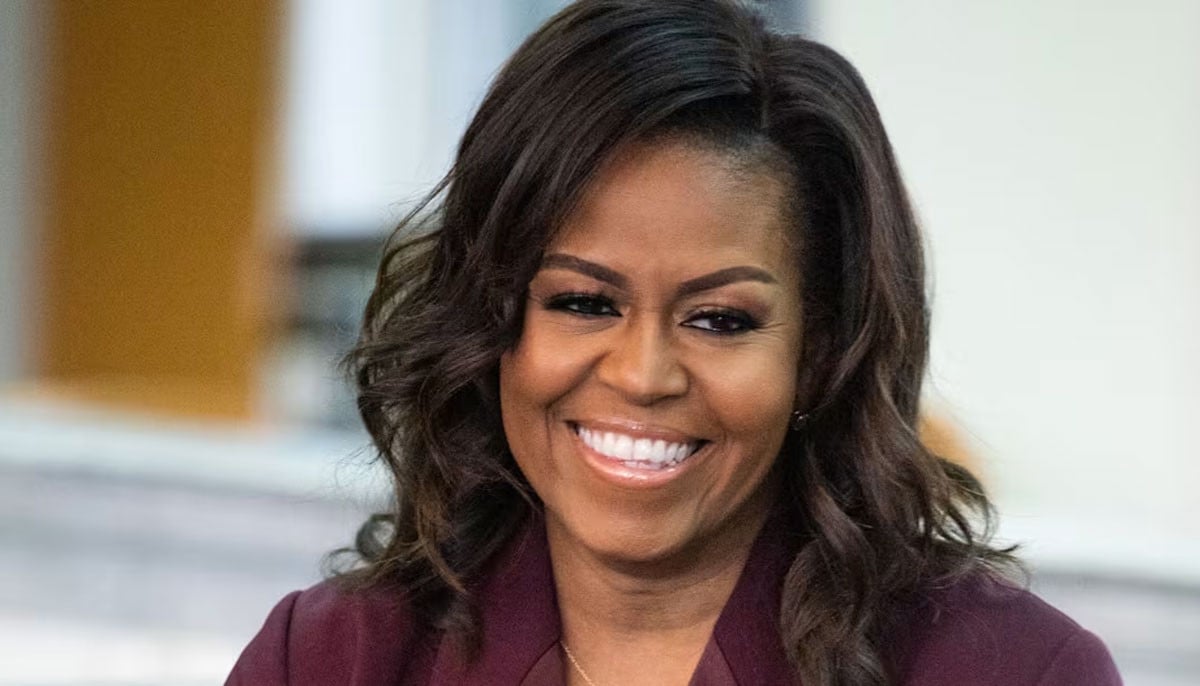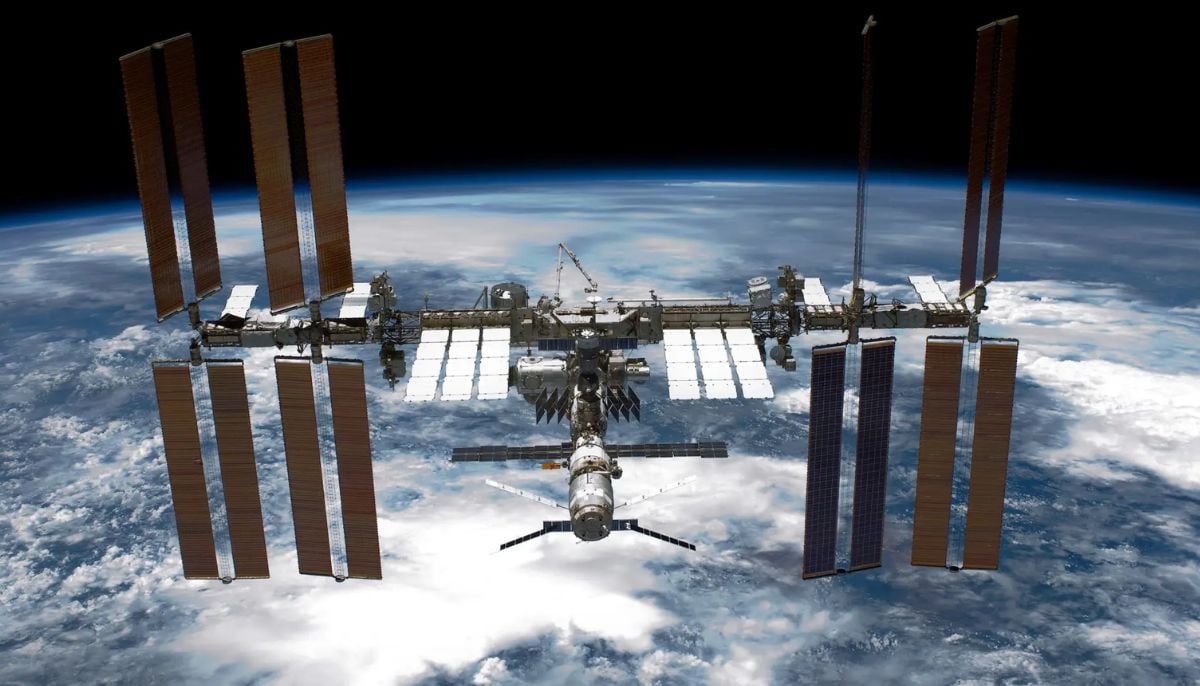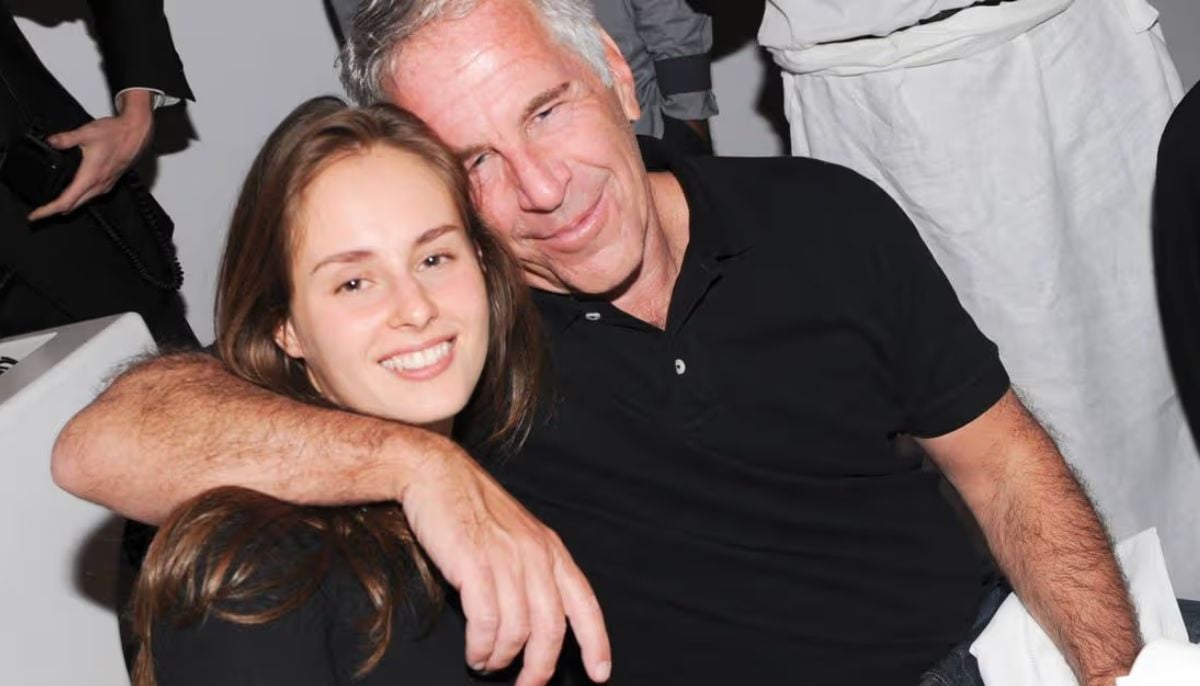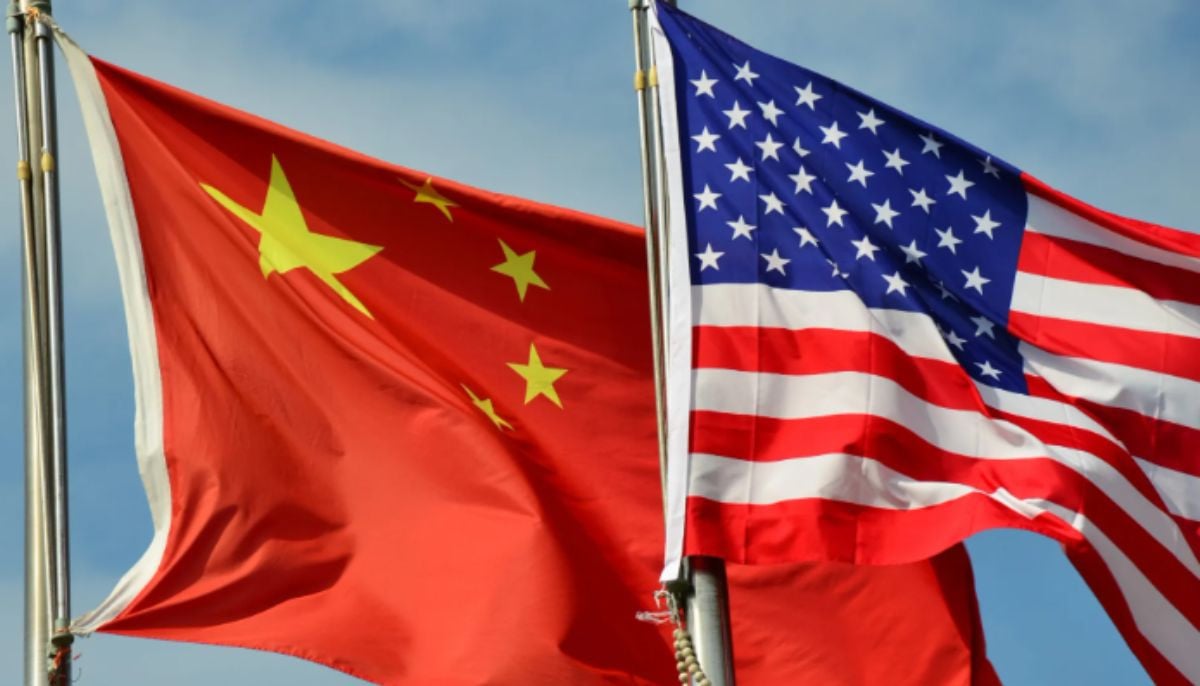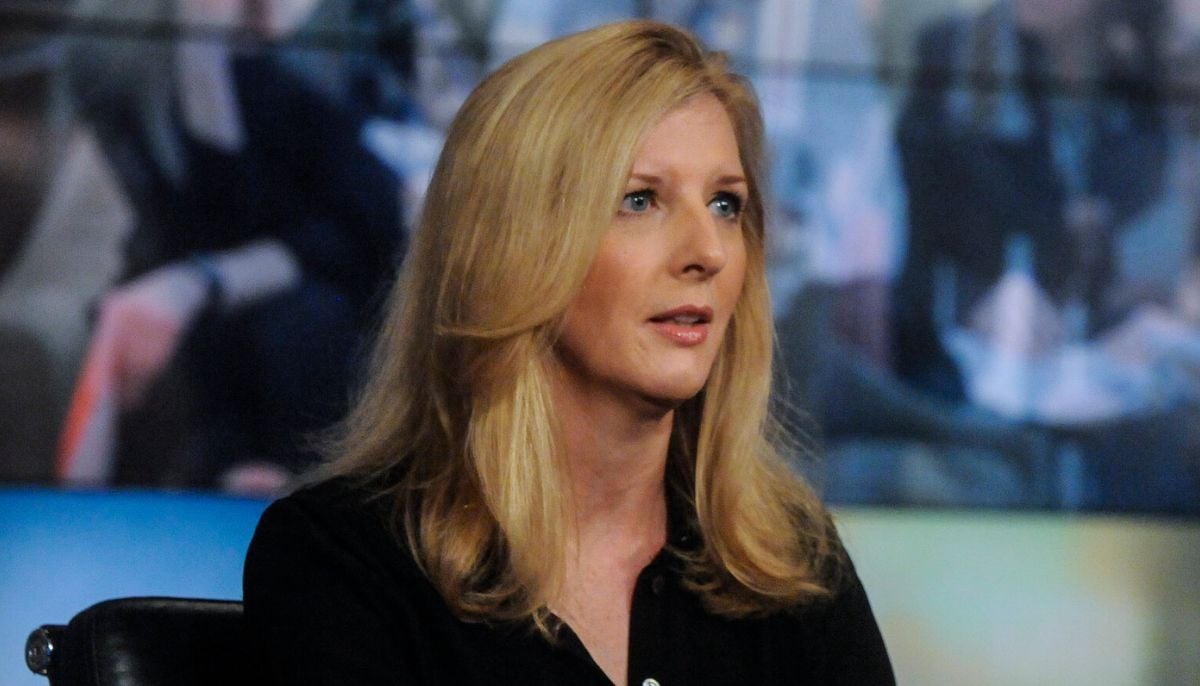China says US Jerusalem move could cause ´escalation´ of tensions
"We are concerned about the possible escalation of tensions," foreign ministry spokesman Geng Shuang told a regular news briefing.
China warned on Wednesday that US President Donald Trump´s plan to recognise Jerusalem as Israel´s capital could fuel tensions in the region.
"We are concerned about the possible escalation of tensions," foreign ministry spokesman Geng Shuang told a regular news briefing.
"All relevant parties should bear regional peace and tranquility in mind, be cautious in words and deeds, avoid impacting the foundation for the settlement of the issue of Palestine, and avoid causing new confrontation in the region."
A senior Trump administration official said the president would make the announcement Wednesday from the White House, upending decades of careful US policy and ignoring dire warnings of a historic misstep that could trigger a surge of violence in the Middle East.
The official, speaking on condition of anonymity, also said Trump would order officials to begin planning to move the US embassy from Tel Aviv to Jerusalem.
Future status of Jerusalem must be negotiated: UN envoy
The UN envoy for the Middle East peace process said Wednesday that Jerusalem´s future status must be negotiated between Israelis and Palestinians and warned of the repercussions of any action over the disputed city.
"The (UN) secretary general has spoken many times on this issue... and he has said that we all have to be very careful with the actions we take because of the repercussions of these actions," Nickolay Mladenov told a conference ahead of US President Donald Trump´s plan to recognise Jerusalem as Israel´s capital.
"The future of Jerusalem is something that needs to be negotiated with Israel, with the Palestinians, sitting side by side directly in negotiations."
Israel occupied east Jerusalem and the West Bank in the Six-Day War of 1967. It later annexed east Jerusalem in a move never recognised by the international community.
Israel claims the entire city as its indivisible capital, while the Palestinians want the eastern sector as the capital of their future state.
The city´s status is among the most difficult issues in the conflict. Traditional US policy has been that it must be negotiated between the two parties.
Britain concerned about US Jerusalem plans: foreign minister
Britain is concerned about US President Donald Trump´s plan to recognise Jerusalem as Israel´s capital, foreign minister Boris Johnson said Wednesday.
"We view the reports that we have heard with concern, because we think that Jerusalem obviously should be part of the final settlement between the Israelis and the Palestinians, a negotiated settlement," Johnson said as he arrived for a NATO meeting in Brussels.
The British alarm follows stern criticism of Trump´s proposal from EU diplomatic chief Federica Mogherini, who on Tuesday warned against "any action" that would undermine any possible peace process.
Plunging further into controversy, Trump is also to order the start of planning to move the US embassy from Tel Aviv to Jerusalem.
Johnson said Britain had "no plans" to move its embassy.
Both Israelis and Palestinians claim Jerusalem as their capital and previous peace plans have stumbled over debates on whether, and how, to divide sovereignty or oversee holy sites.
-
Hailey Bieber reveals KEY to balancing motherhood with career
-
Hillary Clinton's Munich train video sparks conspiracy theories
-
Woman jailed over false 'crime in space' claim against NASA astronaut
-
Columbia university sacks staff over Epstein partner's ‘backdoor’ admission
-
Ohio daycare worker 'stole $150k in payroll scam', nearly bankrupting nursery
-
Michelle Yeoh gets honest about 'struggle' of Asian representation in Hollywood
-
US, China held anti-narcotics, intelligence meeting: State media reports
-
Goldman Sachs’ top lawyer resigns over Epstein connections
